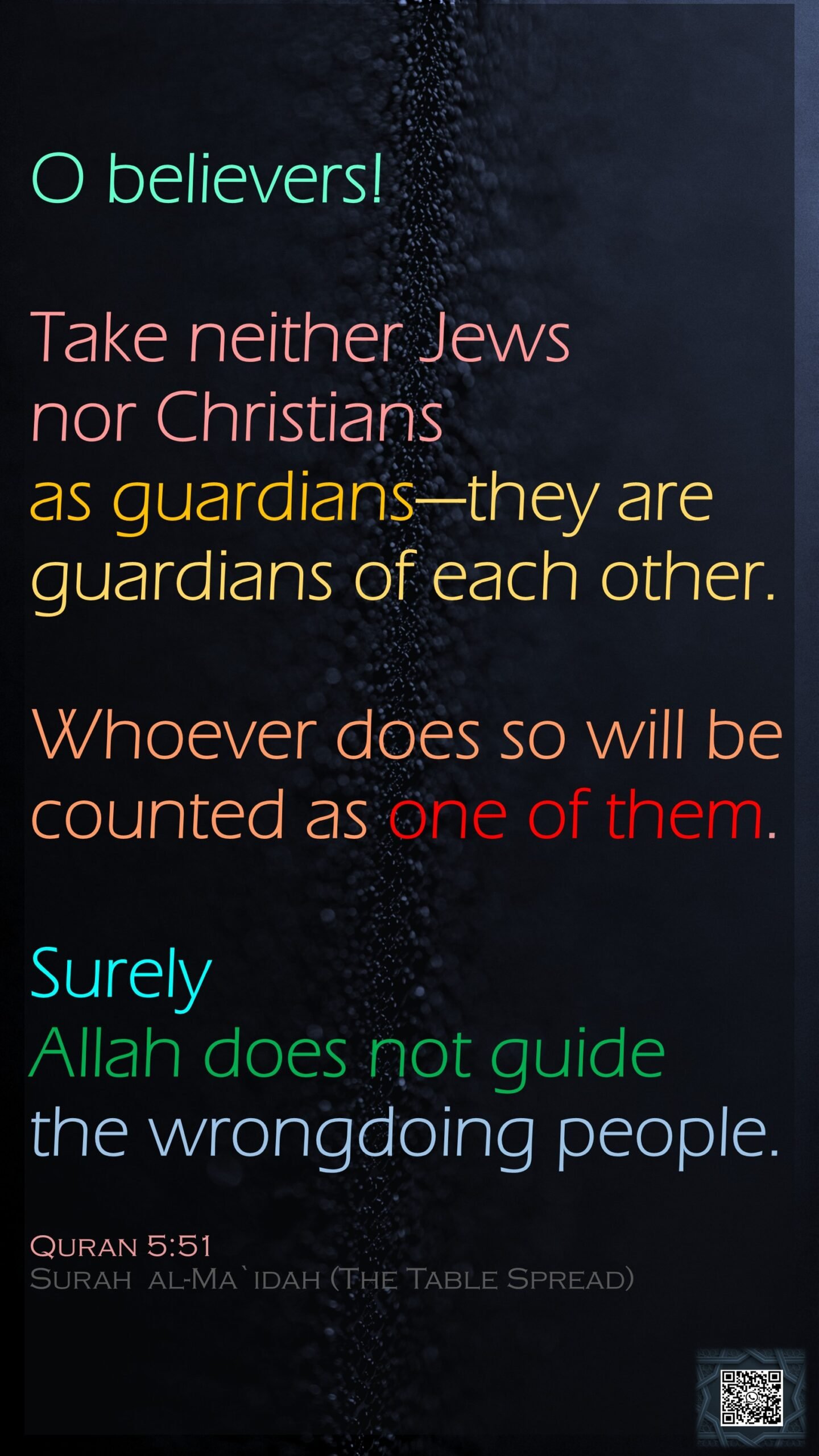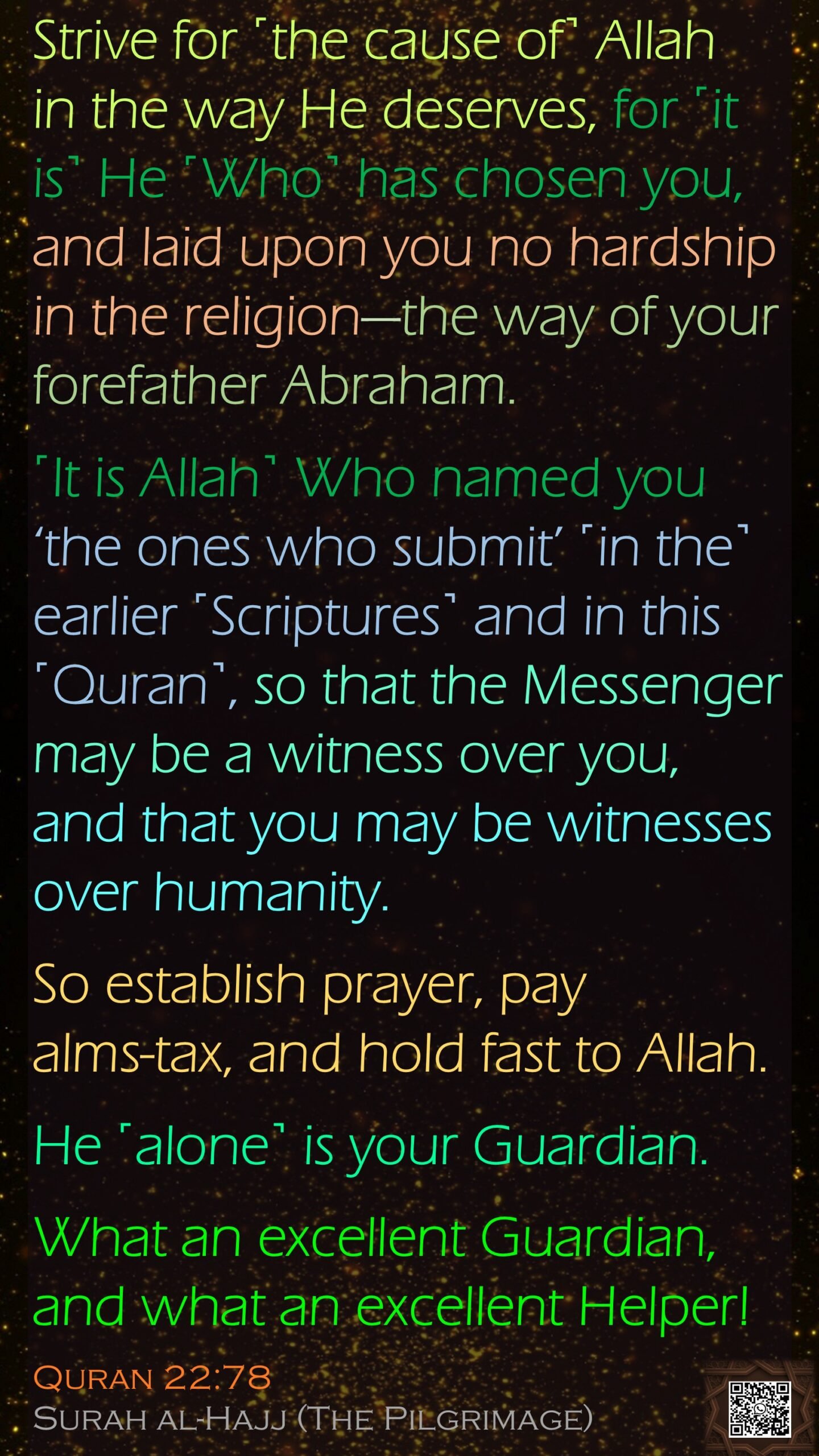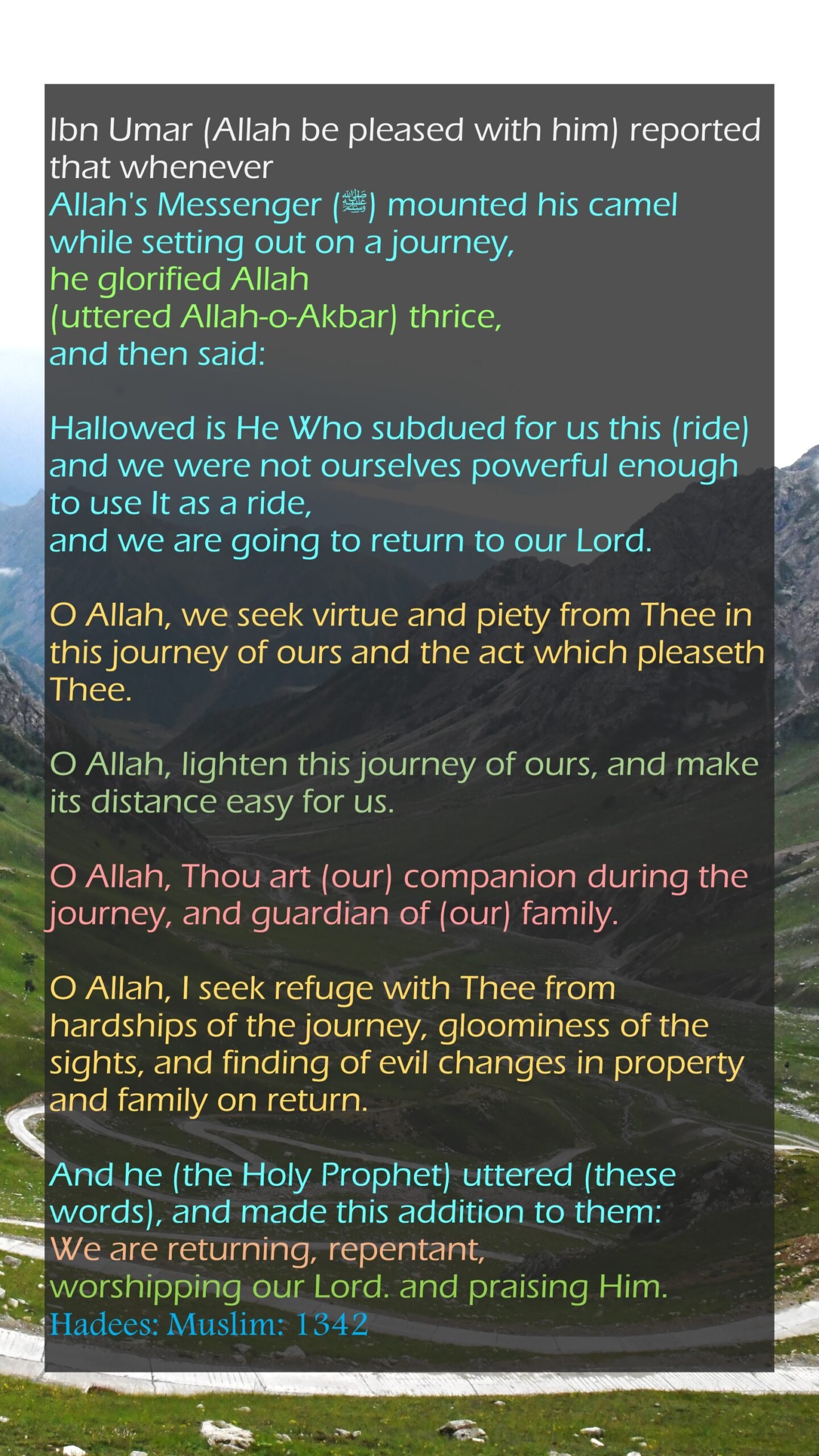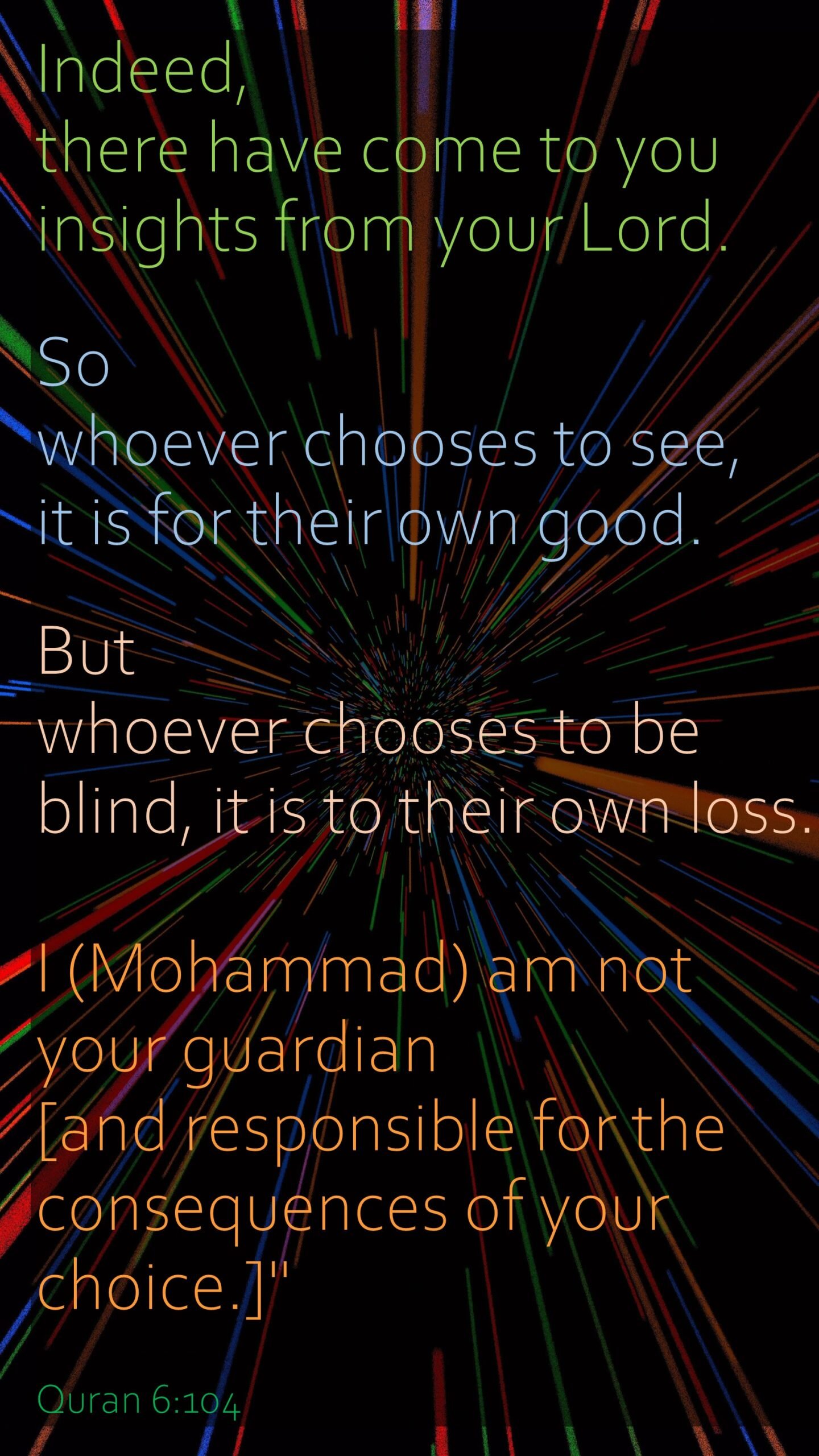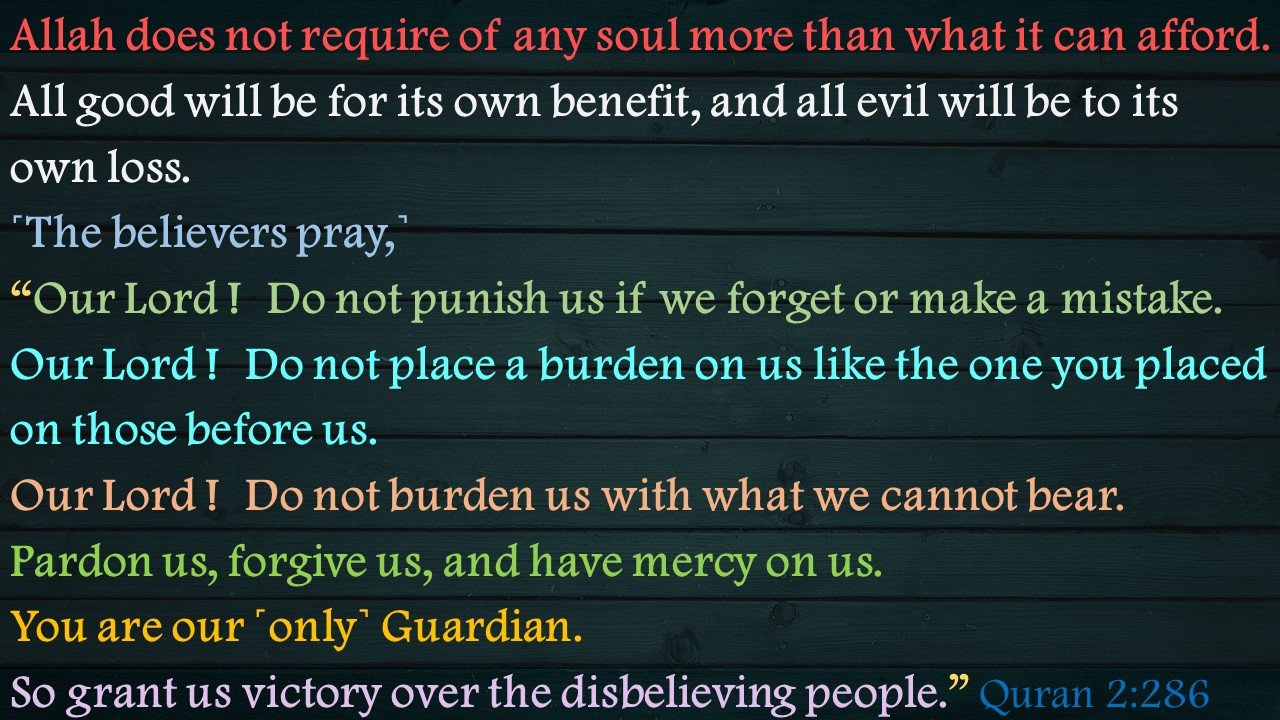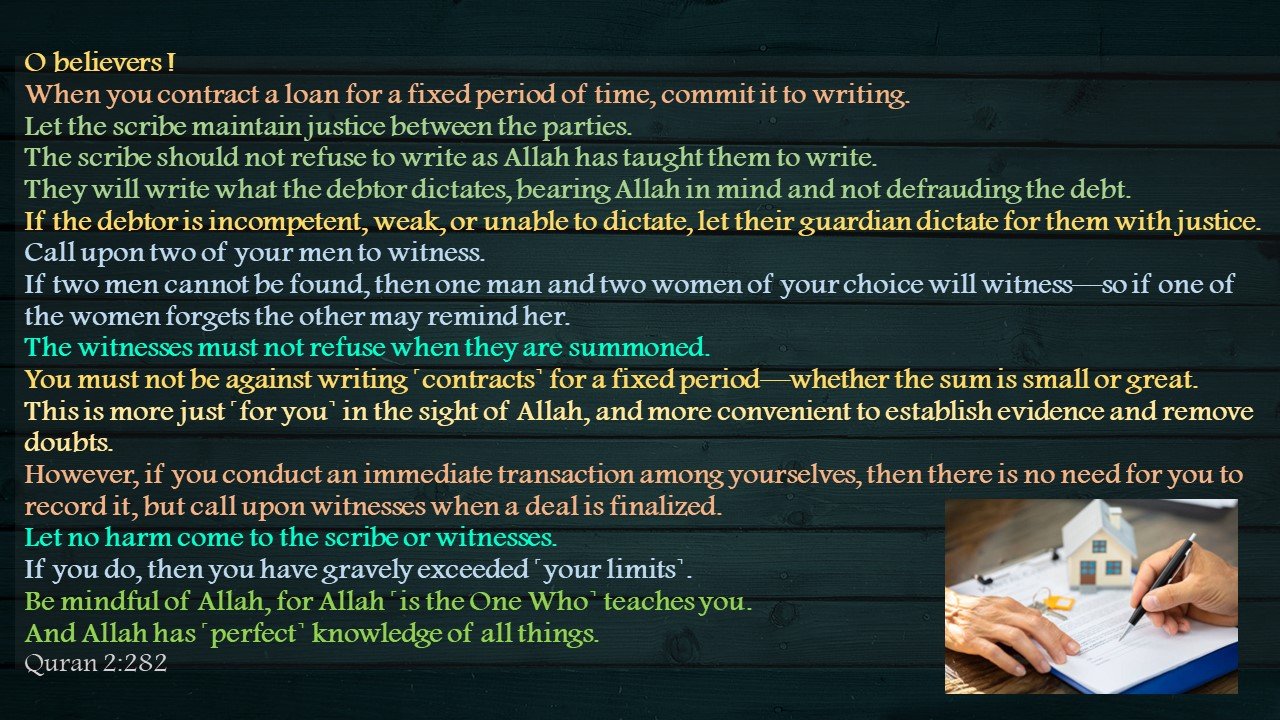7
Feb, 2026
Quran 7:155 (partial)
Islam, Quran 155, 7, Al-Araf, Allah, ayat, best forgiver, daily, dua, elevated places, forgive, Guardian, inspirations, islam, islamic, Mercy, Moses, Muhammad, Musa, partial, quran, supplication, Surah, verse
16
Jun, 2025
Quran 22:78 (Ayah al-Hajj)
Islam, Quran 022, 078, Abraham, al-Hajj, Allah, alone, ayat, Chinese, chose, chosen, chosen ones, daily, deserve, excellent, french, Guardian, Hajj, hardship, helper, holy war, ibraheem, Ibrahim, inspirations, islam, islamic, jihad, language, Mandarin, messenger, Muhammad, Muslim, Muslimeen, no, Portugese, quran, religion, Russian, scripture, spanish, strive, Surah, the ones who submit, translation, witness
19
Oct, 2024
Quran 7:154~156
Islam, Quran 007, 155, 156, alms-tax, anger, ayat, believe, daily, deeds, destroy, Deuteronomy, encompass, evil, Exodus, foolish, forgive, Genesis, good, Guardian, guide, Hebrew Bible, inflict, inspirations, instruction, islam, islamic, koh-e-Tur, Leviticus, Mercy, Moses, Muhammad, Musa, Numbers, ordain, original, Prophet, quran, repentance, revelations, shun, shun evil, stray, Surah, Tablets, teaching, test, Toraat, Torah, torment, toʊrə, tɔːrə, turn, un-altered, Zakat, תּוֹרָה Tōrā
16
Jul, 2023
Hadees: Muslim 1342
Hadees, Islam Allah, Allah-hu-Akbar, changes, companion, daily, distance, easy, evil, gloomliness, Guardian, hardship, inspirations, islam, islamic, journey, Lord, piety, please.enlighten, power, praise, property, refuge, repentant, return, ride, seek, sight, subdue, supplication, travel, virtue, worship
23
May, 2023
Quran 6:104
Islam, Quran Allah, ayat, blind, choice, choose, consequence, good, Guardian, insight, inspirations, islam, islamic, quran, Surah
8
Jul, 2022
Quran 9:71~72
Islam, Quran All Wise, alm, Almighty, ayat, Chapter 9, daily, encourage, Eternity, evil, forbid, forever, Gardens, Gardens of Eternity, good, Guardian, home, inspirations, islam, islamic, Men, messenger, Obey, pay, PBUH, promise, quran, rivers, SAWW, splendid, Surah, tax, triumph, true, ultimate, verse 71, verse 72, women
26
May, 2022

